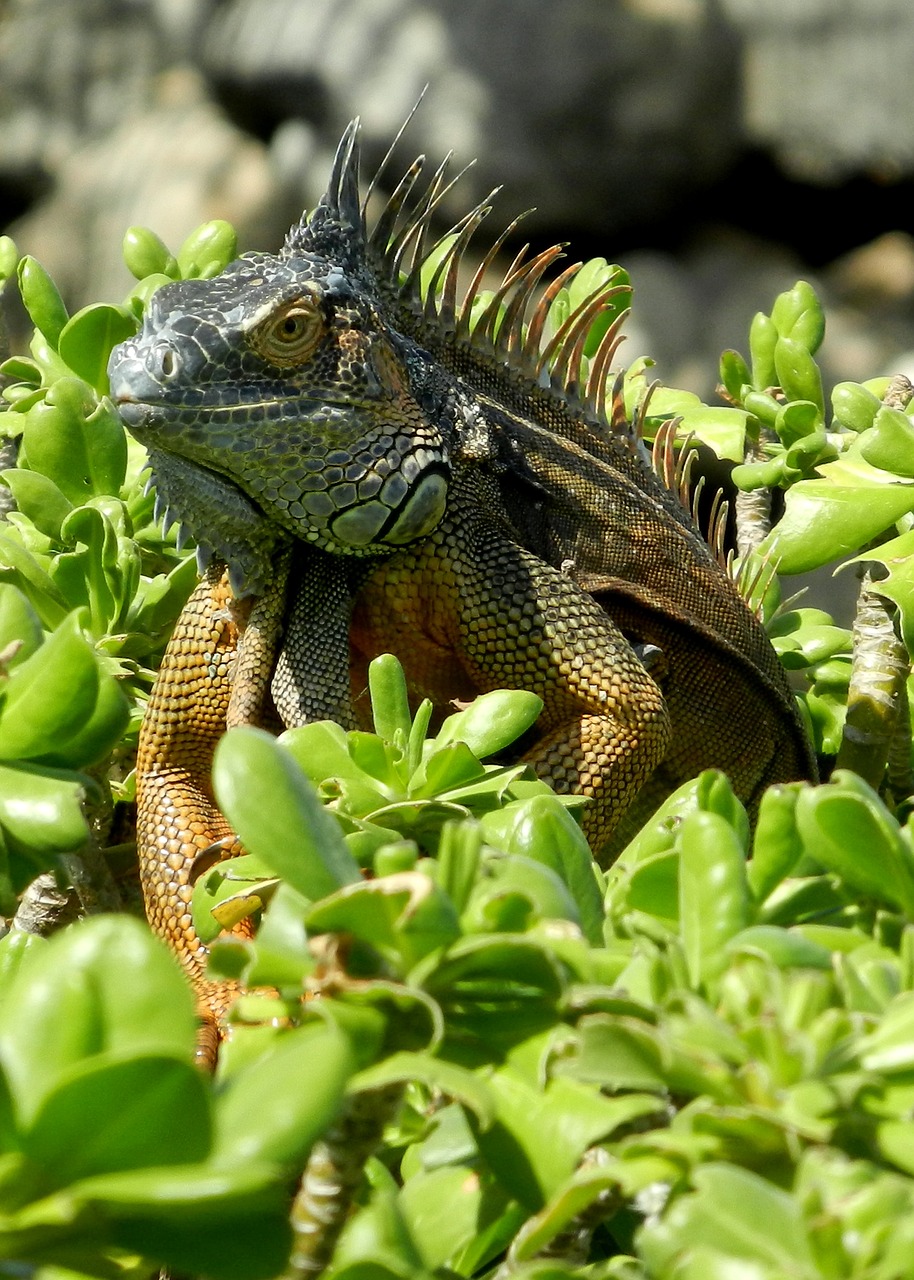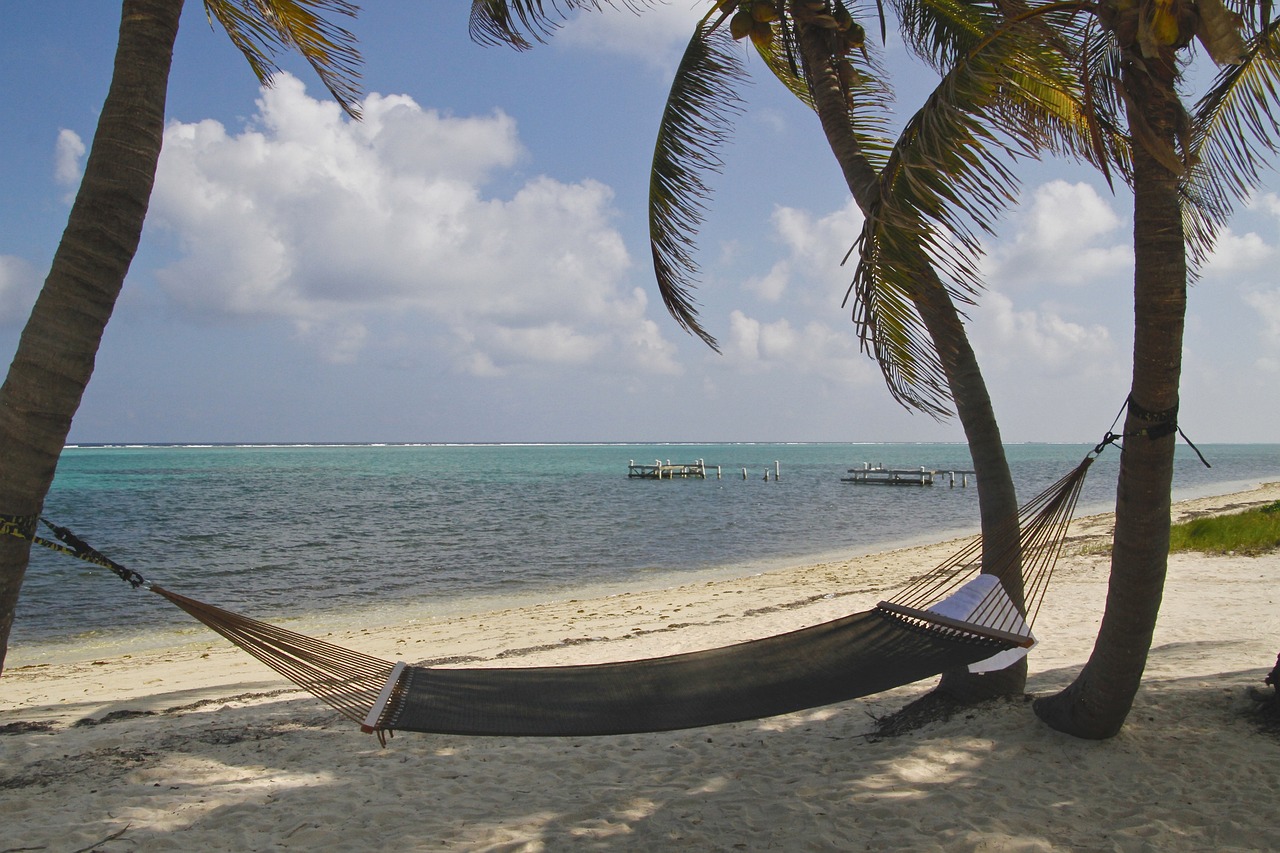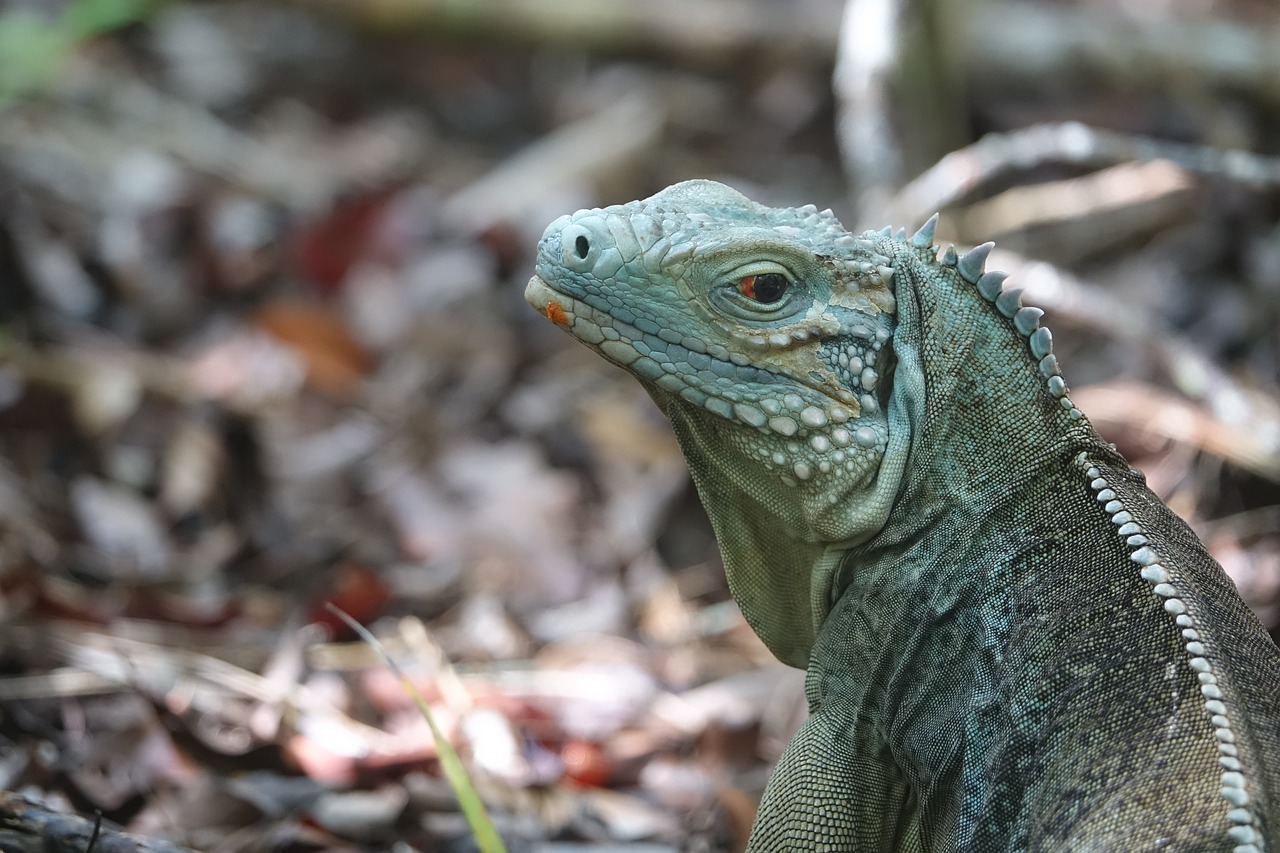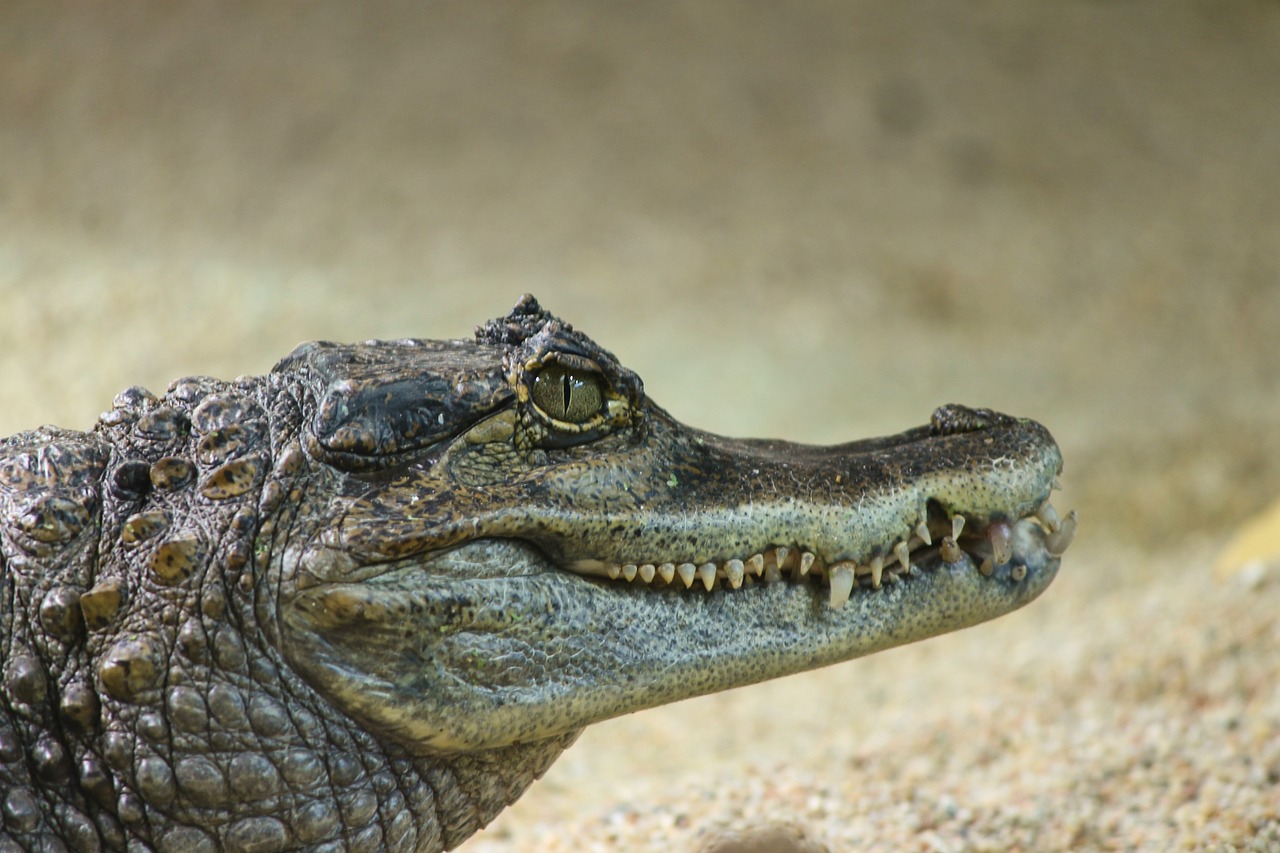Cayman Islands Video
Cultural Sensitivities: Understanding Local Norms in Cayman Islands
The Cayman Islands, a British Overseas Territory located in the western Caribbean Sea, is known for its stunning beaches, crystal-clear waters, and vibrant culture. To fully appreciate and respect the local culture, it is important to understand and adhere to the cultural sensitivities and norms of the Cayman Islands. This article will provide an in-depth exploration of various aspects of the local culture and help visitors navigate their interactions with the locals.
Language and Communication
English: English is the official language of the Cayman Islands, making it easy for visitors to communicate with locals. The Caymanian accent and dialect may differ slightly from standard English, but it is generally understandable. It is polite to speak clearly and politely when interacting with locals, using standard English vocabulary and grammar.
- Greetings: When meeting someone for the first time, a handshake is the customary greeting. It is polite to maintain eye contact and use appropriate titles (Mr., Mrs., Miss) unless invited to use first names.
- Punctuality: Being punctual is highly valued in the Cayman Islands. It is considered respectful to arrive on time for appointments, meetings, and social gatherings.
- Non-Verbal Communication: Non-verbal cues, such as maintaining eye contact and nodding, are important in conversations. It is also customary to give a slight bow or nod of the head when greeting elders or people of higher social status.
- Politeness: Politeness is highly valued in the Cayman Islands. Saying “please” and “thank you” is expected in all social interactions. It is also customary to address people with appropriate salutations, such as “sir” or “ma’am.”
Religion and Spirituality
Christianity: The majority of the population in the Cayman Islands practices Christianity, with various denominations represented. The predominant Christian denominations include Roman Catholic, Anglican, and various Protestant churches. Visitors should be respectful of religious sites and customs, such as dressing modestly when visiting churches or participating in religious ceremonies.
- Sunday Observance: Sundays are considered a day of rest and religious observance in the Cayman Islands. Many businesses and services may be closed or have limited hours on Sundays.
- Religious Festivals: The Cayman Islands celebrate religious festivals such as Easter and Christmas with great enthusiasm. Visitors may have the opportunity to witness or participate in special religious ceremonies and events during these times.
- Respect for Religious Symbols: It is important to show respect for religious symbols and artifacts. Avoid touching or taking photographs of religious objects without permission.
- Tolerance and Respect: The Cayman Islands embrace religious diversity and encourage tolerance and respect for different faiths. Visitors should be mindful of this and avoid engaging in religious debates or discussions that may be sensitive or offensive.
Etiquette and Social Customs
Dress Code: The Cayman Islands have a generally relaxed dress code, especially in beach and resort areas. However, when visiting public places, such as government buildings or restaurants, it is appropriate to dress modestly and avoid wearing beach attire.
- Beach Etiquette: When visiting the beautiful beaches of the Cayman Islands, it is important to respect the environment and other beachgoers. Avoid littering, follow designated swimming areas, and be mindful of local customs regarding nudity or toplessness.
- Tipping: Tipping is customary in the Cayman Islands, similar to other countries. It is customary to leave a 10-15% tip for good service at restaurants. Some hotels and resorts may include a service charge in the bill, so it is advisable to check before tipping.
- Social Interactions: Caymanians are known for their warm and friendly nature. Engage in friendly conversations, show interest in local culture, and be respectful of personal space. It is customary to ask permission before taking photographs of individuals or their property.
- Gift Giving: Gift giving is not a common practice in everyday interactions. However, if invited to a local’s home or attending a special event, bringing a small gift, such as flowers or a token of appreciation, is a thoughtful gesture.
Food and Dining
Local Cuisine: The Cayman Islands offer a wide range of culinary delights influenced by Caribbean, British, and international cuisines. Visitors should embrace the local cuisine and try traditional dishes such as conch fritters, turtle stew, and fish rundown.
- Dining Etiquette: When dining in restaurants, it is customary to wait to be seated. Table manners are similar to Western etiquette, with the use of utensils and napkins. It is polite to finish everything on your plate as a sign of appreciation for the meal.
- Seafood Sensitivity: The Cayman Islands are known for their abundance of seafood. However, visitors with seafood allergies or dietary restrictions should inform the servers about their preferences to ensure a pleasant dining experience.
- Drinking Customs: The legal drinking age in the Cayman Islands is 18 years old. It is important to drink responsibly and be aware of local laws and regulations regarding alcohol consumption.
- Tipping: As mentioned earlier, tipping is customary in the Cayman Islands. In restaurants, a 10-15% tip is generally expected for good service. Some establishments may include a service charge in the bill, so it is advisable to check before leaving an additional tip.
Cayman Islands Image 1:

Arts and Culture
Artistic Heritage: The Cayman Islands have a rich artistic heritage, influenced by its diverse cultural background. Visitors can explore local art galleries and craft markets to appreciate traditional Caymanian art, including paintings, sculptures, and handcrafted jewelry.
- Music and Dance: Music plays a significant role in Caymanian culture. Traditional Caymanian music includes genres like soca, calypso, and reggae. Visitors may have the opportunity to witness live performances or participate in local dance events.
- Festivals and Celebrations: The Cayman Islands celebrate various festivals and cultural events throughout the year. The Batabano Carnival, Pirates Week Festival, and Cayman Cookout are some of the popular events that showcase the vibrant culture of the islands.
- Supporting Local Artists: Visitors can support local artists by purchasing their artwork or attending cultural events and performances. This not only helps to preserve the Caymanian artistic heritage but also contributes to the local economy.
- Respect for Intellectual Property: When purchasing artwork or crafts, ensure that they are sourced from authorized vendors and respect the intellectual property rights of the artists.
Environmental Awareness
Preserving Natural Beauty: The Cayman Islands are renowned for their pristine natural environment. Visitors should be mindful of their impact on the environment and follow sustainable practices, such as reducing waste, conserving water, and respecting marine life.
- Marine Conservation: The Cayman Islands are home to diverse marine life and coral reefs. It is important to practice responsible snorkeling, diving, and boating to minimize damage to the delicate ecosystems.
- Protected Areas: The Cayman Islands have several protected areas, including national parks and wildlife reserves. Visitors should adhere to designated trails and follow any regulations or guidelines to protect the flora and fauna.
- Waste Management: Proper waste management is crucial to preserving the natural beauty of the islands. Visitors should dispose of trash in designated bins and avoid littering.
- Responsible Tourism: Choose eco-friendly accommodations and tour operators that prioritize sustainability and environmental conservation.
Cayman Islands Image 2:

Traditions and Customs
Heritage and Identity: The Cayman Islands have a strong sense of cultural identity and pride. Understanding and respecting local traditions and customs is essential for visitors to fully appreciate the Caymanian way of life.
- Storytelling and Oral Traditions: Caymanians have a rich tradition of storytelling, passed down through generations. Visitors can engage with locals to hear captivating stories about the islands’ history, legends, and folklore.
- Fishing and Seafaring: Fishing has been an integral part of Caymanian culture for centuries. Visitors may have the opportunity to witness traditional fishing techniques or participate in fishing excursions to experience this aspect of local life.
- Respecting Elders: Elders hold a special place in Caymanian society. It is important to show respect and deference to older individuals, addressing them with appropriate titles and listening attentively to their wisdom and experiences.
- Community Engagement: The Cayman Islands have a close-knit community spirit. Visitors can participate in community events, volunteer opportunities, or support local initiatives to actively engage with the local community.
Cayman Islands Image 3:

Conclusion
By understanding and respecting the cultural sensitivities and norms of the Cayman Islands, visitors can have a more enriching and meaningful experience during their stay. From language and communication to etiquette, religion, arts, and environmental awareness, embracing the local culture enhances the overall enjoyment of this stunning Caribbean destination.
References
- caymanislands.ky
- caymancompass.com
- caymanresident.com
- caymanislandsherald.com
- caymanislands.gov.ky


